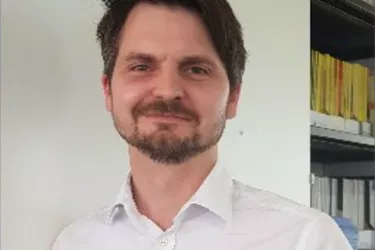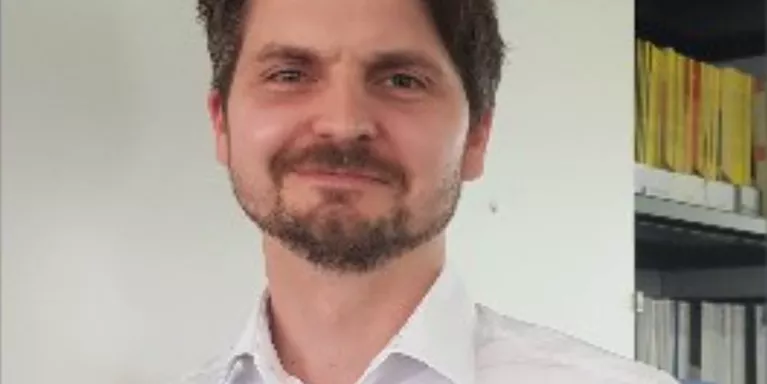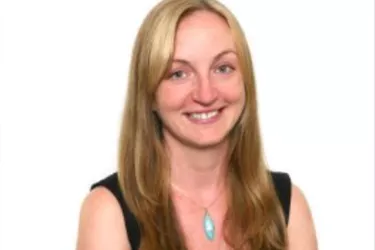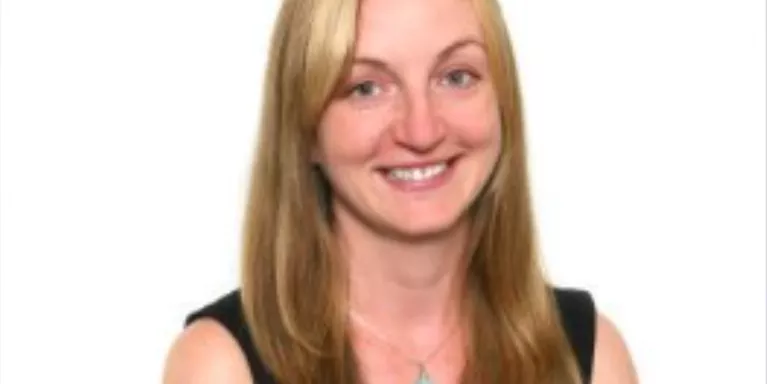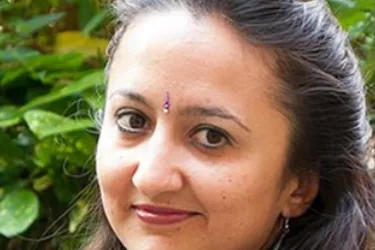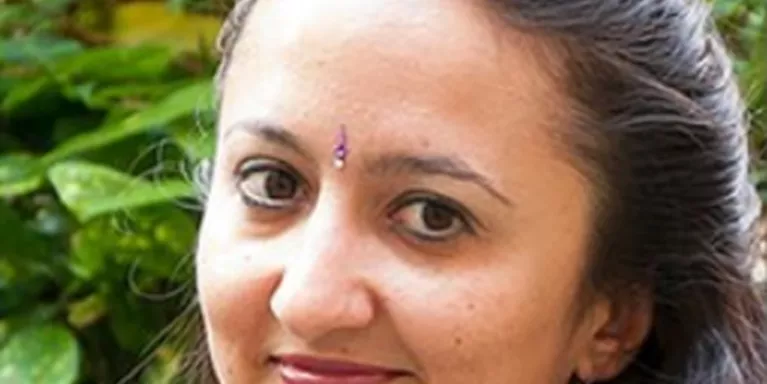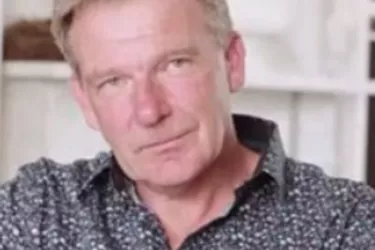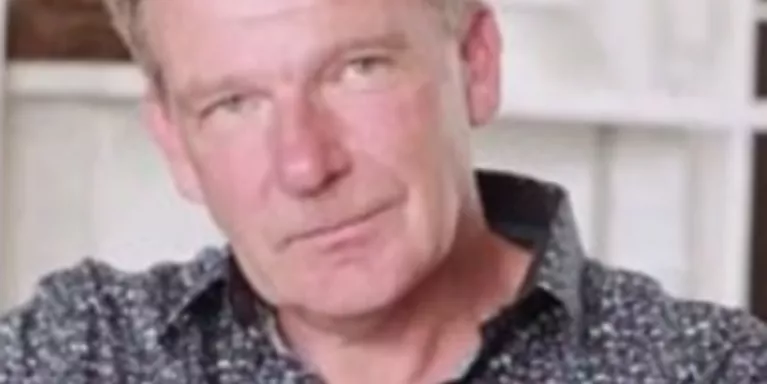Finding the ability in disability
Not being able to walk made Emily Nicole feel worthless. Here she blogs how learning to embrace her ‘difference’ has transformed her mental health.
I remember wondering why I was the one that couldn’t. Couldn’t walk. Couldn’t climb on the monkey bars at school. Couldn’t go on another school trip.
“Mum, why is there so much I can’t do?” I'd ask. Frustrated, angry and sad, I fell into a pit of despair. Sadly for the majority of my childhood, nobody could convince me that I was anything other than a failure.
Self-loathing got worse
My self-loathing only got worse as I grew up. I was no longer protected from the toxic idea of normality and the sad truth that I was the opposite, physically and psychologically to most of those around me because I’d been born with cerebral palsy.
My parents, teachers and friends all despaired as their continual attempts to make me feel safe, comfortable and loved became futile when put into my own hands.
All the work they had done, building up my confidence and allowing my abilities to flourish, was shattered just by me looking in the mirror.
Obsessive and avoidant all in one glance. All I could see staring back at me was a disability. My only chance of identity morphed into the fact that I looked and felt alien.
“Why would I want to discover myself when I hated who I was and didn’t want to see what I’d later become?”
Subsequently, growing up, I shied away from finding myself. Why would I want to discover myself when I hated who I was and didn’t want to see what I’d later become? All I saw myself as was a tragedy.
Who would want to accept that?
It was a vicious cycle. I felt low because I couldn’t do so much, but if I ever tried to do something and failed, I would punish myself until I felt lower than before I began to try.
So I stopped trying in life by the time I was in my early teens.
Ironically, feeling worthless effectively made me worthless as I became dependent, withdrawn and incapable, despite wanting to be anything but.
I went through so many phases and facades while desperately trying to lose myself, but no amount of new outfits, hair dye or hiding away and trying to listen to my mind could make me accept ‘me’.
Dreams of walking
The one thing I really wanted I couldn’t buy. I had countless dreams that I’d wake up and be able to walk.
But every day, I was reminded I couldn’t.
Instead of seeing me grow, my parents watched hopelessly while I tried to destroy myself. Luckily, they fought back harder and never doubted my capabilities – even when I refused to hear all their hopes for me and see my achievements. Despite everything, they never stopped supporting me, always trying to show me the way forward.
When I left education, I was on my own in the big wide world, technically an adult with my future determined only by myself.
I sat in my room, scared half to death that I couldn’t avoid my future any longer. I looked down at my wheelchair and wondered “If not now, then when?”.
“Instead of fixating on the things I couldn’t do, I started to imagine the things that I could do.”
Coming to terms with the things I couldn’t do was hard, but ignoring my potential and any opportunities would be even worse.
Instead of fixating on the things I couldn’t do, I started to imagine the things that I could do.
Accepting and celebrating yourself even when you seem to break the imaginary mould of normality is one of the bravest things you can do.
For me, it was the best thing I’ve ever done. And I will continue to do it. Every. Single. Day.
One of the most important lessons I learned when I was finally able to start acknowledging myself was: "It’s easy and mundane to be like everyone else, it’s difficult yet more rewarding to be yourself."
Trust me, I’ve felt like giving up, questioning my entire existence. I understand what it feels like to want to escape yourself because until my twenties, only a few years ago, I still wanted to.
Trying is frightening! Learning your strengths and inevitable weaknesses is bittersweet, but please don’t be afraid.
Believe me, it’s better to try and fail than fail to try at all. It scares me so much to wonder where I’d be if I’d listened to my fears, and believed them.
I’d probably still be staring at my bedroom walls, resenting the fact that the only person placing real limitations on my existence was me.
It’s not easy to fight your mind. Especially when there are engrained negative stereotypes of others, but we can do it.
I went from hiding from myself and everyone around me to allowing the world to see me online unfiltered, unapologetic and proud of every single success and struggle I’ve had because they are mine.
Remember there’s only one you. And there is ability in disability.

Related Topics

Information and support
When you’re living with a mental health problem, or supporting someone who is, having access to the right information - about a condition, treatment options, or practical issues - is vital. Visit our information pages to find out more.
Share your story with others
Blogs and stories can show that people with mental health problems are cared about, understood and listened to. We can use it to challenge the status quo and change attitudes.










